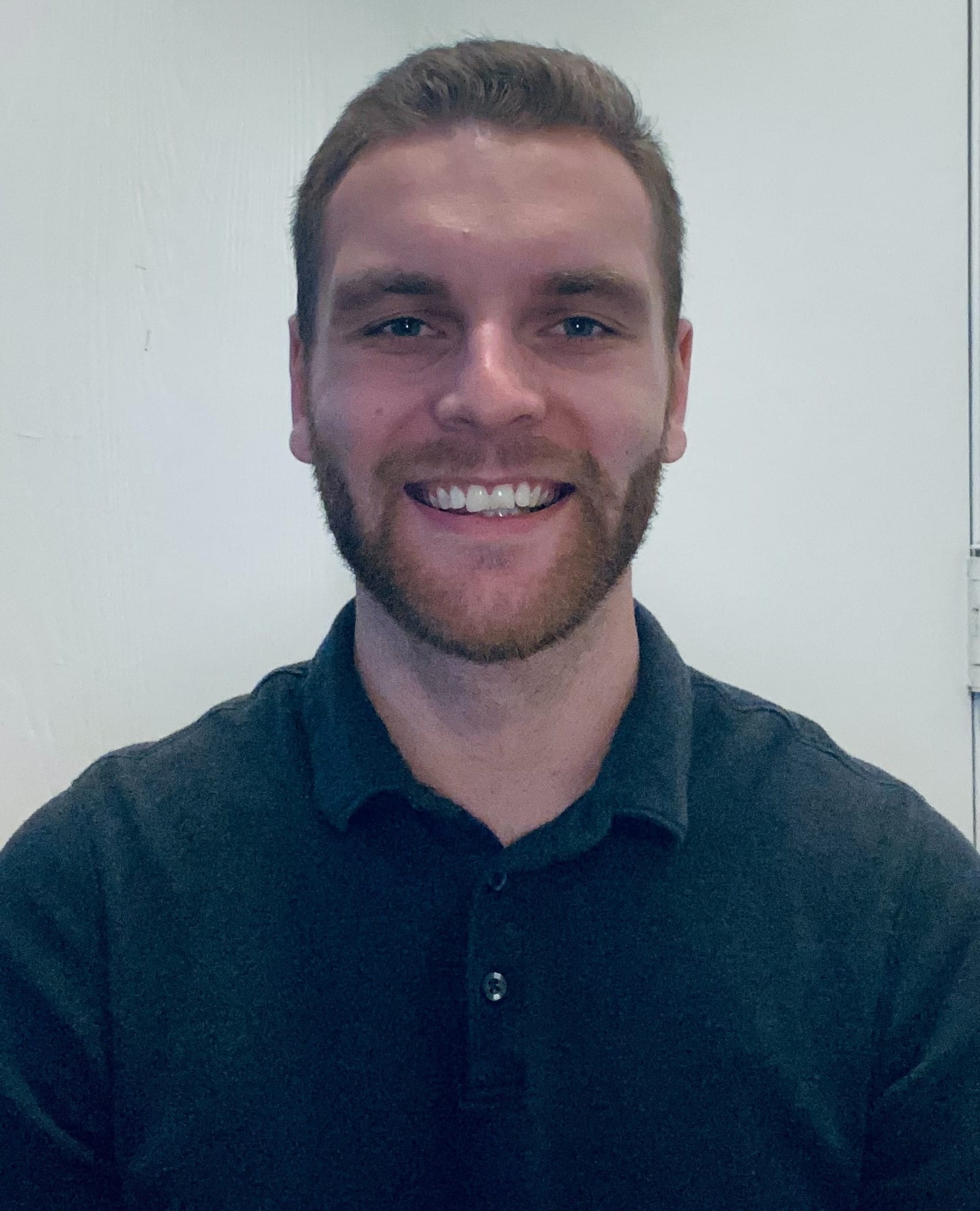The web Browser you are currently using is unsupported, and some features of this site may not work as intended. Please update to a modern browser such as Chrome, Firefox or Edge to experience all features Michigan.gov has to offer.
EGLE Career Series: Fast Five with EGLE meteorologist Alec Kownacki
May 03, 2023
EGLE meteorologist Alec Kownacki was recently featured in the “Clear Skies Ahead: Conversations about Careers in Meteorology and Beyond” podcast talking about his education journey and career path in meteorology at the Michigan Department of Environment, Great Lakes, and Energy (EGLE). Today’s MI Environment article, part of Air Quality Awareness Week, abbreviates the podcast into five questions and answers as part of its Fast Five Career Series. The entire podcast is available on the American Meteorological Society’s podcast website.
What sparked your interest in science and how did it influence your educational path?
I've always been interested in science for as long as I can remember. I remember leaving the dinner table when the weather forecast came on. My parents always said that I was going to be a meteorologist one way or another. Both sets of my grandparents, lived off of Lake Huron -- one up in the Upper Peninsula and one in the Thumb region of Michigan. So, I always used to love going up there, obviously to visit the grandparents, but to see storms come off of the lake and just seeing these beautiful shelf clouds. So that really sparked my interest at a young age to see those kind of weather phenomena occur. I always wanted to be a meteorologist, but I also wanted to stay in Michigan. So educational wise, that steered me to Central Michigan University, where my degree is from. Central Michigan University is the only university in the state that has an undergraduate degree in meteorology.

Alec Kownacki
What's a typical day like for you at EGLE?
There are three meteorologists in my department, and we do rotating weeks of forecasting ozone and particulate matter (PM2.5) throughout the state of Michigan. When it's my week, I usually forecast for either the upcoming days or out to a week. It's pretty season dependent. In the summertime, we usually do every two days or every three days for forecasting because that's when ozone is high. But in the wintertime, it's usually PM2.5 is the driving pollutant and that can just be out for the week. I usually look at classic weather models, weather forecasts, just because ozone and PM2.5 are very dependent upon the weather patterns.
After that, I look at the air quality models. There are quite a few. That’s the other 50% of my job -- performing air quality modeling using the gold standard air model, agreed upon by EPA and the American Meteorological Society.
That involves the application process. If a facility or a company within Michigan wants to build an addition to their facility, they need to pull air permit if they're making a change that will cause air emissions to increase.
That goes through our permit engineering staff, and then they do their own, separate calculations. But if it warrants modeling, it comes to us. The entire brunt of the model is basically getting what the impacts are for the pollutant the facility is producing or processing.
What do you like most about the job?
Forecasting air quality is a growing field in terms of getting the public knowledge out about it. So, I like that a lot -- just being able to forecast and make sure the air quality within Michigan is obviously up to par and good, having good quality. I also enjoy the camaraderie with my job. I've always heard for the longest time, make sure your work environment is good and it's enjoyable and make sure your ‘vocation is a vacation’ kind of thing.
What are some of the challenges that you face?
Some modeling applications can be pretty difficult. Some applications are ‘plug and play.’ But for the majority, it can get pretty difficult. I see modeling as a jigsaw puzzle, just putting stuff together and making sure it's working correctly and all that kind of fun stuff. Another challenge that I find fun is forecasting ozone.
What advice do you have for students or early career professionals looking to establish a career in your field?
Networking I would say is very, very important -- just exposing yourself to the different professionals in the field and just basically getting your name out there. And then I'd say within meteorology is taking GIS courses. That's a big booming field I'd say is being able to be proficient and just being able to work with GIS would benefit people a lot. Obviously within my field, weather forecasting, being able to understand the regional aspect of what you're forecasting, basic air quality knowledge, and also learning more about air quality models.